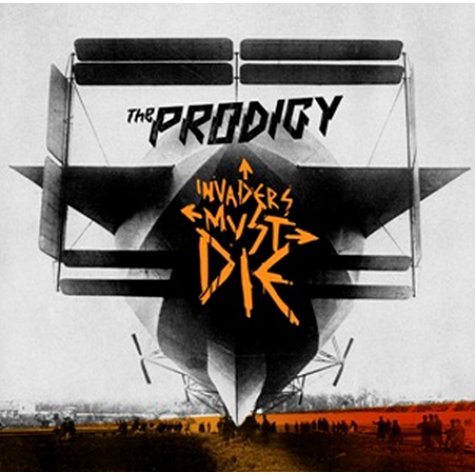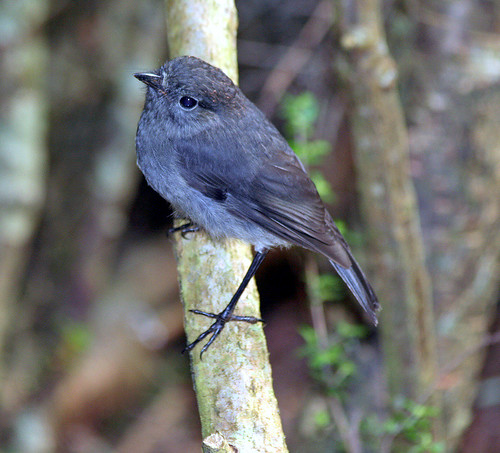Recently I was thinking about sporting metaphors, as you do, and I was struck by how many of them have passed into common parlance. Apparently English (and I mean English English, not American or Australian English) has more of these than any other language. I’m not talking about clichés – game of two halves; sick as a parrot; bulging the auld onion bag (or indeed anything by Tommy Smyth ‘with a y’ – yes, why are you on my television?) – but actual metaphors.

It’s no surprise that we have a load from football; score an own goal; on a level playing field; from the kick-off; moving the goalposts; back of the net. It amuses me that the ones from rugby generally imply defeat or incompetence; kicked into touch; blind-sided; drop the ball. And then there’s the insidious way they creep into business speak as those around the boardroom try to make their meaningless drivel sound more entertaining – pick up the ball and run with it, anyone?
I also find it amusing that many of the metaphors derived from cricket relate to complete and utter bemusement; bowled over; stumped; hit for six; caught and bowled; sticky wicket. Apart from being forever linked with confusion (Americans don’t even understand these expressions, let alone the game), cricket is also associated with ‘fair play’; itself a term to which any number of sports can lay claim. I like ‘it’s just not cricket’ and ‘he/she had a good innings’. It generally shows initiative to do something off your own bat (not back, which is a common misapprehension).

Horse-racing also provides a host of metaphors; first past the post; also-ran; neck and neck; down to the wire; win hands down; by a nose; ringer/ring-in; flogging a dead horse. Motor racing gives us pole position and pit stops, while it could be any kind of racing that supplies the home stretch, first out of the blocks, front runner and false starts.
Some sporting metaphors have no definitive origin. Crying foul, grand-standing, being on the bench, getting the ball rolling, and keeping your eye on the ball could come from a variety of sports.
 Other metaphors are clearly derived from one source. Golfers were the only ones originally under par and it was only those playing bowls who need concern themselves with the rub of the green. Touché was a cry reserved for fencers; high-jumpers (and potentially pole-vaulters) raised the bar; and those scoring card games, particularly cribbage, were level pegging. Chess players had opening gambits, end-games and reached stalemates; tennis players knew the ball was in their court; wrestlers were told there were no holds barred; and there are no prizes for guessing who was snookered.
Other metaphors are clearly derived from one source. Golfers were the only ones originally under par and it was only those playing bowls who need concern themselves with the rub of the green. Touché was a cry reserved for fencers; high-jumpers (and potentially pole-vaulters) raised the bar; and those scoring card games, particularly cribbage, were level pegging. Chess players had opening gambits, end-games and reached stalemates; tennis players knew the ball was in their court; wrestlers were told there were no holds barred; and there are no prizes for guessing who was snookered.If you consider sailing a sport, rather than merely an extravagant waste of money, there are numerous metaphors, frequently involving drinking and other states less than top-hole (bar billiards). So you can be on an uneven keel, three sheets to the wind, chock-a-block, be taken down a peg or two, or have the wind taken out of your sails. To avoid such trouble you may have to change tack, batten down the hatches and get all hands on deck.
 It surprises me that we employ so many baseball metaphors in English – a sport that we don’t even play. However, these are generally used in the business world (dominated by American capitalism) and the sexual sphere (heavily influenced by the American film industry).
It surprises me that we employ so many baseball metaphors in English – a sport that we don’t even play. However, these are generally used in the business world (dominated by American capitalism) and the sexual sphere (heavily influenced by the American film industry). So pointless management meetings will be all about touching base, stepping up to the plate, throwing curve balls, knocking things out of the park, covering all the bases, playing hardball (as opposed to softball), hitting a home run, coming out of left field, three strikes and you’re out, pinch hitters and taking rain checks. Meanwhile testosterone-challenged teenagers (the same ones who will [arguably] grow up to spout this boardroom bingo) will be trying to get first base.
Perhaps most surprising, however, is the clear ruler of the sporting metaphor kingdom: boxing. For a sport that many people claim to disdain, it racks up (snooker?) more common phrases than any other. Here are some:
Against the ropes
Beat someone to the punch
Below the belt
Best foot forward
Blow-by-blow account
Boxing clever
Come out swinging
Down and out
Fancy footwork
Gloves are off
Have someone in your corner
No stomach for the fight
On the back foot
Out for the count
Pull one’s punches
Punch above your weight
Punching bag
Punch-drunk
Ringside seat
Roll with the punches
Saved by the bell
Sparring partner
Square-off
Sucker punch
Take a dive
Take it on the chin
Throw in the towel
Throw your hat into the ring

 Burnley have Bertie Bee. Him Outdoors once bought me a cuddly Bertie Bee – he was very proud of himself for giving me this gift. Bertie is really not to be messed with and is actually a former rugby league player, as a streaker in a match against Preston found to his disadvantage.
Burnley have Bertie Bee. Him Outdoors once bought me a cuddly Bertie Bee – he was very proud of himself for giving me this gift. Bertie is really not to be messed with and is actually a former rugby league player, as a streaker in a match against Preston found to his disadvantage.










.jpg)
.jpg) I’m also adopting this procedure for Christmas presents this year – make a list and stick to it. Impulse buys are rarely a good idea in the long run. 'Waste not; want not' as the old folk used to say. They probably still do, but now I agree with them – help; I’m becoming an old folk!
I’m also adopting this procedure for Christmas presents this year – make a list and stick to it. Impulse buys are rarely a good idea in the long run. 'Waste not; want not' as the old folk used to say. They probably still do, but now I agree with them – help; I’m becoming an old folk!
.jpg)
.jpg)
 When I went to collect my winnings, however, I was told that I had bet on the outcome of 80 minutes and not 100. They didn’t pay out. I was gutted (although England had won the World Cup after all, which sort of made up for it) and lost all faith in the TAB system, vowing never to bet again.
When I went to collect my winnings, however, I was told that I had bet on the outcome of 80 minutes and not 100. They didn’t pay out. I was gutted (although England had won the World Cup after all, which sort of made up for it) and lost all faith in the TAB system, vowing never to bet again..jpg)
.jpg)
.jpg)
.jpg)
.jpg)
.jpg)
.jpg)
.jpg)
.jpg)
.jpg)
.jpg)
.jpg)
.jpg) The men let the side down somewhat. True, a couple had worn their best shirts, but most looked like your average Kiwi bloke – jeans, polar fleece, baseball cap with folded arms a bottle of Speights in one hand. Despite their lack of sartorial (or indeed any) elegance, they appraised the women like they were the horse flesh – standing and grunting as attractive young fillies walked by, while leaning against the railings with their backs to the races. You know what I mean, and if you don’t, this picture should tell the story.
The men let the side down somewhat. True, a couple had worn their best shirts, but most looked like your average Kiwi bloke – jeans, polar fleece, baseball cap with folded arms a bottle of Speights in one hand. Despite their lack of sartorial (or indeed any) elegance, they appraised the women like they were the horse flesh – standing and grunting as attractive young fillies walked by, while leaning against the railings with their backs to the races. You know what I mean, and if you don’t, this picture should tell the story..jpg)

 Yes, that’s not bad (and no, that's not me - sadly), but the thing is that I was training for a 10km in that time. I am now training for a triathlon series so some of the steps have been replaced by swims and bikes – these don’t count on the gadget.
Yes, that’s not bad (and no, that's not me - sadly), but the thing is that I was training for a 10km in that time. I am now training for a triathlon series so some of the steps have been replaced by swims and bikes – these don’t count on the gadget.




.jpg)
.jpg)





 Slumdog Millionaire: How could anyone not like this film?
Slumdog Millionaire: How could anyone not like this film?